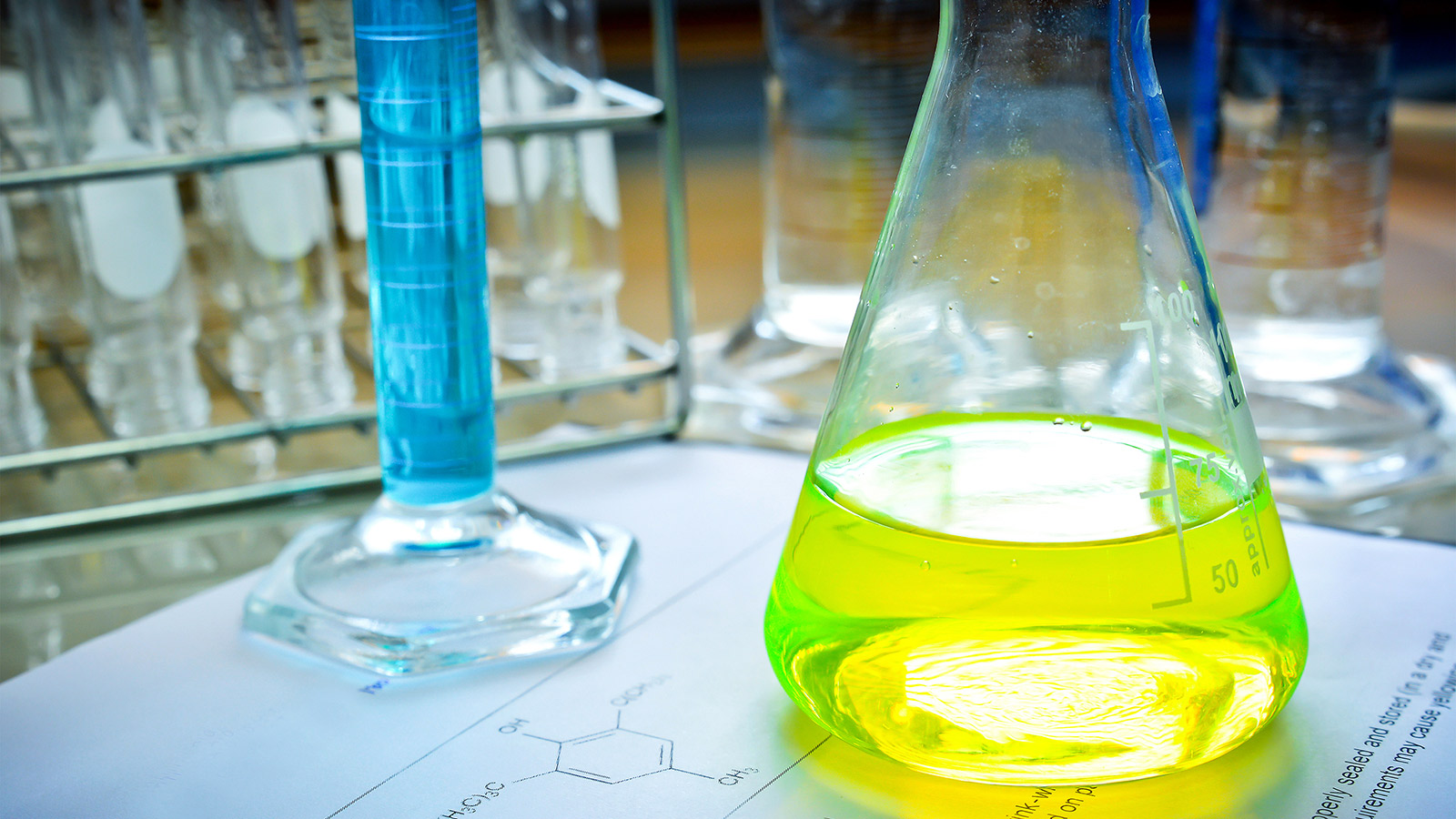In a live chat on Monday with Grist, EPA Administrator Gina McCarthy and Energy Secretary Ernest Moniz suggested that fracking companies might need to be more forthcoming about their chemical cocktails.
The fracking process involves high-pressure injection of a mixture of fluids into shale seams to force up oil and gas. Many fracking companies and chemical manufacturers say the makeup of their chemical mixtures is a trade secret and shouldn’t have to be divulged, but environmental activists and some community leaders say the public has a right to know, and at the very least first responders need to know when coping with fracking-related exposures and emergencies.
Earlier this month, the EPA announced that it would accept public comments on the issue, responding to a petition filed by environmental law firm Earthjustice, but the agency didn’t commit to crafting any federal disclosure rules. Some states require some level of disclosure about chemicals, but enforcement of and compliance with those rules has been spotty at best.
When Grist’s Ben Adler asked McCarthy about the issue, she said the EPA wants to find out what states are already doing and what information companies are offering up voluntarily, to make sure any federal rules wouldn’t be duplicative.
But she emphasized that the information does need to be accessible: “I don’t think anyone would question the fact that EPA and the states should have information available to it to protect its drinking water supplies and its water resources. The only question is how do we get there and how do we continue to support states, who are facing these challenges and questions, and make sure that the science is available to them and all tools are available.”
Moniz pointed out that a Secretary of Energy Advisory Board task force came out in favor of disclosure in a March report: “They were pretty strong in recommending full disclosure,” he said. “The argument against it from some of the companies has been trade secrets. My advisory board, I guess it’s fair to say, were not overly convinced by that and felt there should at least be a very, very high bar to such exclusions of information.”
“Even since that report came out, at least one of the major service companies has come out for complete disclosure,” Moniz continued. That would be Baker Hughes, a big Houston-based oil and gas services company, which announced last month that it will disclose all of the chemical ingredients it uses during fracking.
But the trend toward disclosure isn’t catching on everywhere. A bill introduced last week in the North Carolina legislature would make it a felony to disclose fracking chemical information to anyone other than an emergency responder, and those first responders could be forced to sign confidentiality agreements.
Earthjustice and other environmental groups are pushing for federal rules that would require full public disclosure of chemicals used, not just from frackers but from the companies that produce the chemicals.
The EPA will be accepting public comments on the issue for 90 days, starting today. “We’d love to hear from people,” said McCarthy. So, people, make yourselves heard. (We’ll be updating this post with details on how to submit a comment once the info comes out.)



